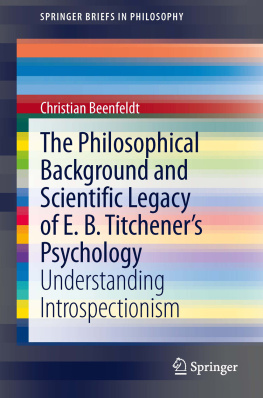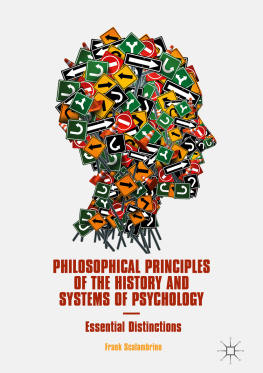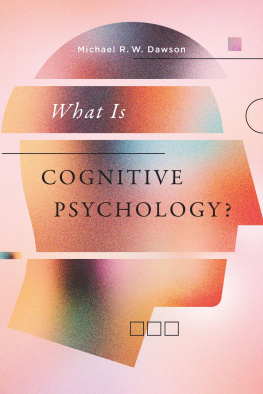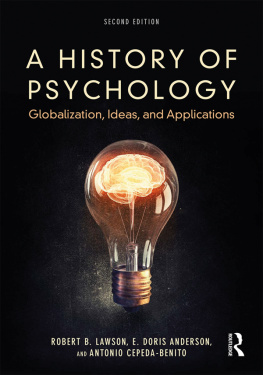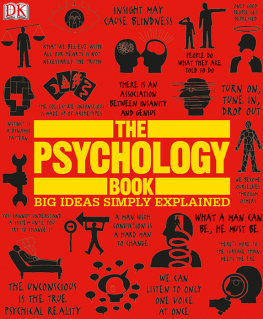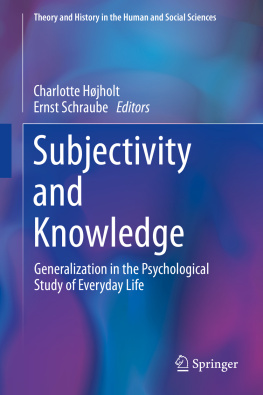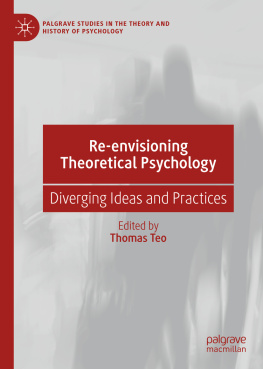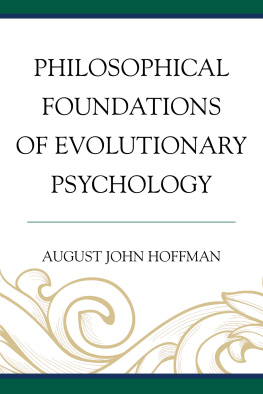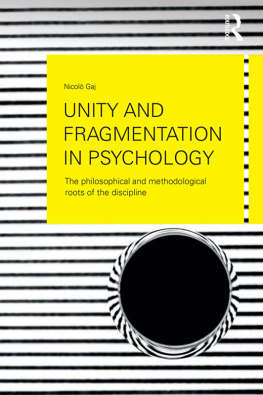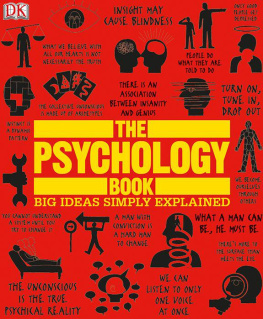Beenfeldt - The philosophical background and scientific legacy of E.B. Titcheners psychology : understanding introspectionism
Here you can read online Beenfeldt - The philosophical background and scientific legacy of E.B. Titcheners psychology : understanding introspectionism full text of the book (entire story) in english for free. Download pdf and epub, get meaning, cover and reviews about this ebook. City: New York, year: 2013, publisher: Springer, genre: Religion. Description of the work, (preface) as well as reviews are available. Best literature library LitArk.com created for fans of good reading and offers a wide selection of genres:
Romance novel
Science fiction
Adventure
Detective
Science
History
Home and family
Prose
Art
Politics
Computer
Non-fiction
Religion
Business
Children
Humor
Choose a favorite category and find really read worthwhile books. Enjoy immersion in the world of imagination, feel the emotions of the characters or learn something new for yourself, make an fascinating discovery.
The philosophical background and scientific legacy of E.B. Titcheners psychology : understanding introspectionism: summary, description and annotation
We offer to read an annotation, description, summary or preface (depends on what the author of the book "The philosophical background and scientific legacy of E.B. Titcheners psychology : understanding introspectionism" wrote himself). If you haven't found the necessary information about the book — write in the comments, we will try to find it.
Abstract: This volume offers a new understanding of Titcheners influential system of psychology popularly known as introspectionism, structuralism and as classical introspective psychology. Adopting a new perspective on introspectionism and seeking to assess the reasons behind its famous implosion, this book reopens and rewrites the chapter in the history of early scientific psychology pertaining to the nature of E.B. Titcheners psychological system. Arguing against the view that Titcheners system was undone by an overreliance on introspection, the author explains how this idea was first introduced by the early behaviorists in order to advance their own theoretical agenda. Instead, the author argues that the major philosophical flaw of introspectionism was its utter reliance on key theoretical assumptions inherited from the intellectual tradition of British associationism-assumptions that were upheld in defiance of introspection, not because of introspection. The book is divided into three parts. In Part I, British associationism is examined thoroughly. The author here discusses the psychology of influential empiricist philosophers such as Thomas Hobbes, John Locke, David Hume, David Hartley, James Mill, and John Stuart Mill. In Part II of the book, Titcheners introspectionist system of psychology is examined and analyzed. In Part III, the author argues that Titcheners psychology should be understood as a form of associationism and explains how analysis, not introspection, was central to introspectionism
Beenfeldt: author's other books
Who wrote The philosophical background and scientific legacy of E.B. Titcheners psychology : understanding introspectionism? Find out the surname, the name of the author of the book and a list of all author's works by series.

